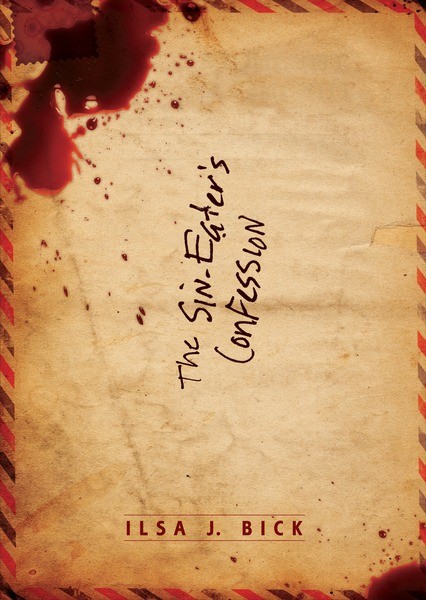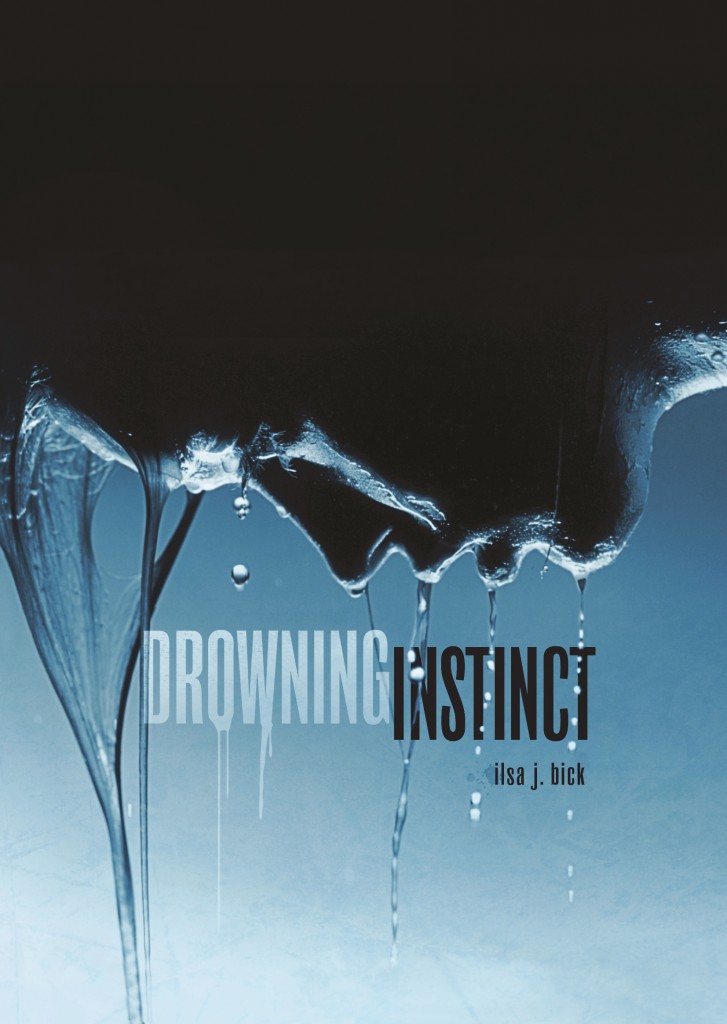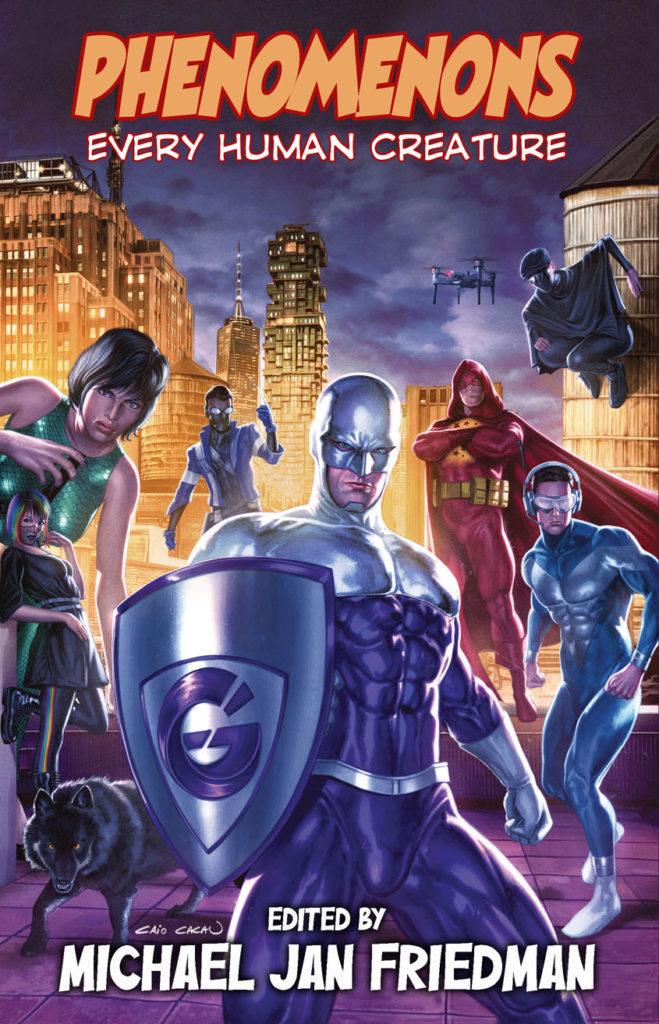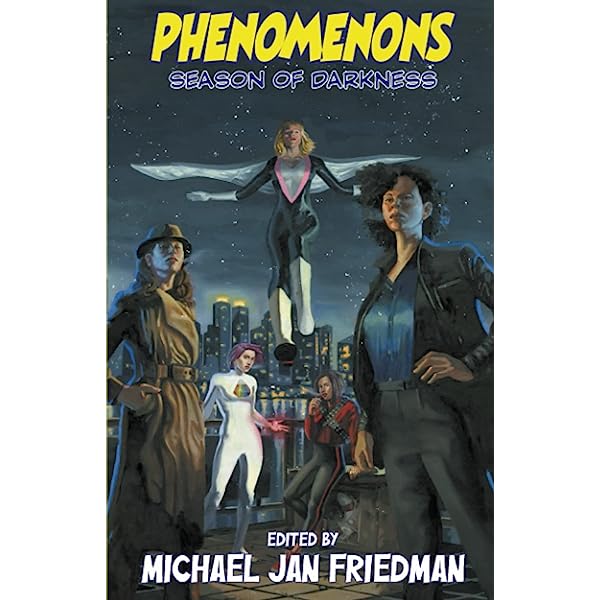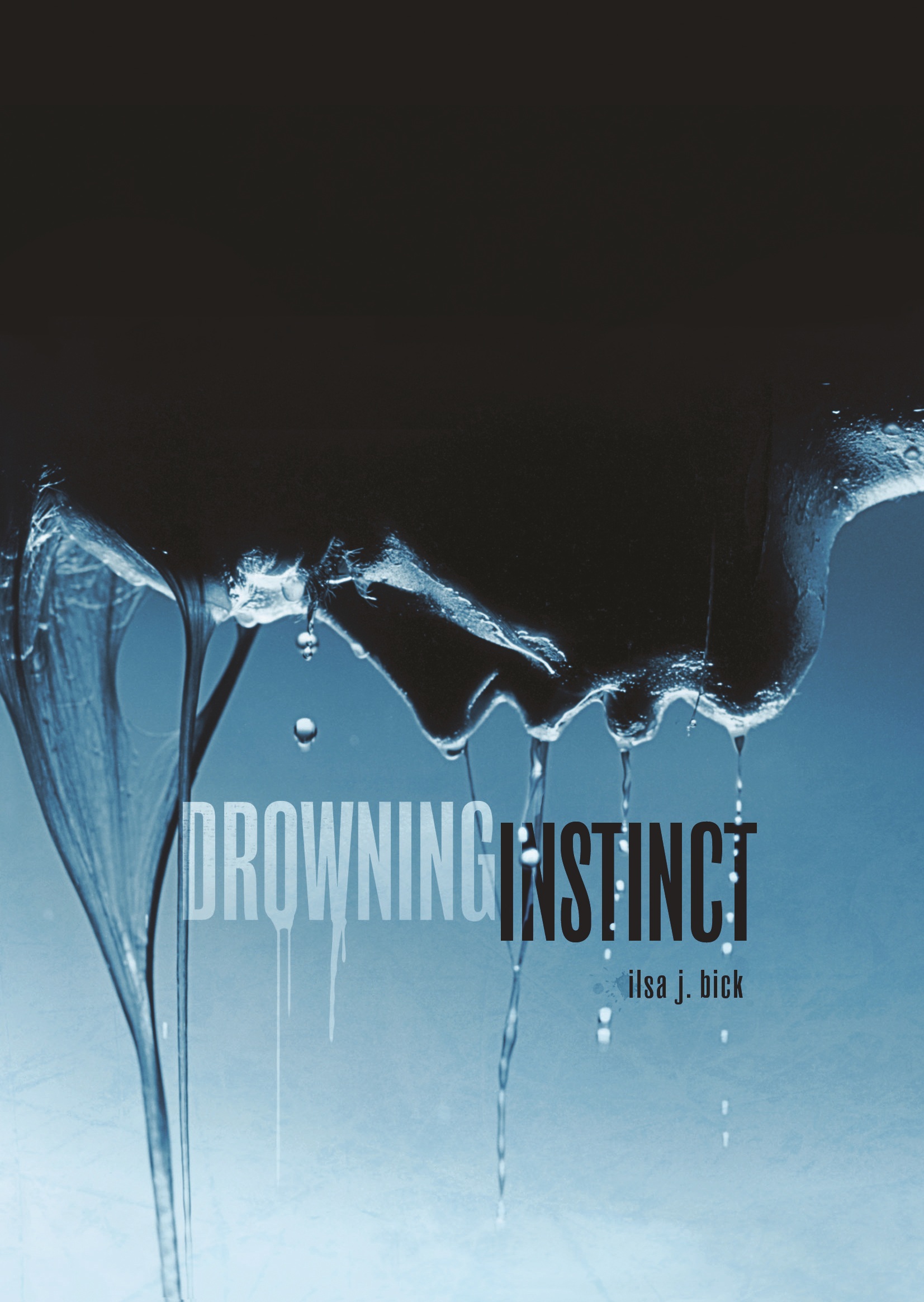My fellow writer and friend, Emily Kristin Anderson, asked me to contribute a post to her celebration of International Women’s Week, and that’s her title up there, not mine. But it was so good, I stole it just as I’m shamelessly reposting my two cents here. If, however, you’d like to visit Emily’s page–and I’d encourage you to do so–you can see the post, in all its original glory, here.
* * *
So it’s International Women’s Week, and I feel . . . okay . . . so? And? Yes, you’ll read this and decide I’m the oddball here, the one ornery curmudgeon in the bunch when it comes to celebrating women and women’s accomplishments.
But here’s my dilemma: International Women’s Week means very little to me. I had no women role models. No women inspired or mentored me. No women helped me along the way. Not a single woman was in my corner. If I succeeded in medicine at all—my first profession before I turned to writing—I succeeded in spite of being a woman.
There you go, short and sweet.
Now, I’m not being woe-is-me here, nor am I one of those self-hating women. But this was my reality in the late 70s, early 80s: there were women in medicine but not many. I competed and lived and tried to get ahead in a world dominated by men. Other than a single solitary female anatomist, I had no women professors in medical school. Other than a few OB-GYNs, the attendings were, to a man . . . well, men.
While there were women in my class, only one other woman, Annie, went into surgery. Prior to that internship year, I groveled through rotations at various hospitals, and in all that time, I met exactly one female attending surgeon, an endocrine specialist at Yale. There were no female interns or residents in any of the surgical programs I was looking into, nor were there women in any of my various surgical subspecialty rotations.
Are you beginning to see a pattern here? There were no women, anywhere. There just weren’t, and the very few you did find were too busy scrambling to keep their footing. Because here’s another truism: when you’re a women in a male-dominated world, you must do everything ten times better than the men to earn their respect and prove you deserve to be there. It’s just that way. You have to out-tough the men.
I finally got into a general surgery program, thank God, but I was the first woman they had ever accepted. I also knew, virtually from Day One, that I would never make it to a chief resident’s slot. See, many surgical programs operate in what’s known as the “pyramidal” system. It’s exactly what it sounds like. The program hires a bunch of interns—fourteen, in this particular hospital—and then, beginning at the end of the second year, starts to cut people from the program every year. By the fifth year, there will be two—count them, two—chief residents. Everyone else, those twelve other unlucky souls, will have gotten the axe along the way, and then they get to scramble around for openings in other programs. Some of them get lucky right away. A lot don’t, and have to grub around for years in part-time positions until they can land a slot. Some never do.
Now, just as a point of reference, a typical general surgical program lasts five years; if you want to go into other subspecialties—say, neurosurgery—that’s a total of nine years of training, but you must complete all or most of a general surgery program first. I wanted to do pediatric cardiovascular surgery, so we were talking, well, a lot of years. But if I got cut—and I knew I would be—then those were more years spent trying to find my way into another program. Those five years could become seven, or ten, and that’s all before subspecialty training. And forget marriage or a family.
Since this program had never admitted a woman before, they didn’t have a uniform for me. I went around in men’s smalls until I found a place to get women’s whites that weren’t designer. (Nothing ruins those nice Adrianos like a bucket of blood.) I got called nurse a lot, and honey, too. Sweetie. Pain in the ass. (Sidebar: not once did I ever hear any chief resident dress down any other intern for questioning a call, and there were several. Not once. But me . . . I was a pain in the ass. See, being a girl cut both ways: it was okay not to take me seriously, and perfectly fine to yell at me more, too.) I even got groped several times by an infectious disease guy. In all fairness to me, I was pretty sick with viral meningitis at the time. Like, high fever, spinal tap, we’re admitting you sick. (I refused and drove myself home. That spinal tap was just what I needed. I felt much better—until I tried to walk from the car into the condo. I literally had to crawl into the townhouse and drag myself to the couch where I then stayed, pretty much around the clock, for two weeks.) By the fourth exam with this infectious disease bozo, I was recovered enough to finally cotton on to the fact that, boy, this guy sure was being thorough, palpating every single solitary square inch of bare, naked, I am thoroughly nude flesh for those lymph nodes. I think I was just too sick and then shocked to want to believe it.
But did I report him? No. Get real. I was an intern, and a girl. Who was going to believe me? I didn’t want to make waves. I was already enough of a pain in the ass as it was.
Not every attending was sexist; I remember two with great fondness. They were excellent teachers, and secure enough to tell me I’d done a good job when I’d done something, like . . . well, save a guy’s life. Like the time I just happened to be wandering through the recovery room pretty late one night and the anesthetist, standing over a neurosurgery post-op patient and looking really worried, said, “Hey, Ilsa, would you come take a look at this guy? Something’s not right.” Uh . . . well, yeah, the guy’s pupils were blowing. Which meant that his brain was getting squished, and most likely from something still bleeding in there. So there I am, an intern, shouting at the anesthetist to page an attending, any attending, as I and a surgical nurse wheel the guy really, really fast into the surgical suite where I glove up, no scrub at all because the guy is tanking that quickly, and start tearing down his dressings and sutures—and then there’s a lot of blood bubbling out, and I’m thinking, holy shit, there had better be someone somewhere because this is an arterial bleeder for sure and this is a guy’s brain I’m holding.
Thank heavens, there was a general surgeon—name of KJ—who came busting in, took one look, started shouting more orders, and then said something that I will never forget: “Good girl. Now go scrub up and let’s save this guy’s life.”
The girl wasn’t pejorative; it was just the way it was, and KJ was a very kind and gentle guy for a surgeon. But those moments, where my competence as a doctor was recognized without the haze of my sex, were rare.
The writing was on the wall, and I knew it. I saw what happened to guys who got cut from the program; a ton didn’t find slots and ended up working in ERs. (In retrospect, if ER medicine had been a specialty back then, I’d have jumped into that in a heartbeat. Love that kind of medicine.) To be honest, I didn’t have it in me to keep fighting for the very limited slots.
So I jumped ship to child psychiatry. There were a few more women in that profession (again, not many; most women were social workers), and I was—again—the only woman in an all-male residency class. I wish I could say that I found the very few female MDs to be warm and welcoming and encouraging, but they weren’t. The reason is pretty simple, too. They’d come up in the same system I had. They knew the score. When you’re competing in an all-male environment, you man up; those other women are your competition. They’re not there to help you; you’re all trying to elbow each other out of the way, hoping to grab onto that next rung.
Whatever. I got along fine with the guys. I lucked out with a really great group of men, who helped me through some tough times with—yes—a female supervisor, a real competitive ball-buster that everyone, everyone, hated. Things got so tense between us—and, of course, when you’re a resident, it’s always your fault—that I was finally handed off to a male supervisor midway through my second year.
Best thing that ever happened to me. This guy was terrific: not only gentle and insightful but very accepting. He was the one who encouraged me to pursue my interest in film and literature and go back to school for my masters; who understood that I was, yeah, kind of bored because a lot of what we were learning came pretty easily to me. He’s dead now—a heart attack about ten years ago—but I will never forget him. I’m only sorry he’s not around now to see what came of all the hours we spent talking literature and film and, yes, patients.
To be truthful, even when I finally began writing, my role models and teachers and champions were all men. I can’t tell if I self-selected for guys because of my background—not only medicine but the military where I had to wear Wellies to wade through the testosterone—or it was just the luck of the draw. In part, I think it’s because I started out in science fiction and work-for-hire in other universes—Star Trek, Mechwarrior, Battletech—which are still pretty heavily male-dominated. Not all, not all, stop yelling . . . but you know what I mean. Head to GenCon or a ton of sf or Trek cons . . . and there are a lot of guys.
So . . . what is the moral of this? Beats me. I can say that not only do I know a lot more women now, I know a lot more very nice women. Like, we’re talking the kind of supportive sisterhood I wish I’d had way back when. There is absolutely no way that any of the very few women I knew back in medicine would’ve been a tenth as generous as the women pros—writers, editors, publishers, agents, bloggers, librarians—it’s my privilege to know now. I’m serious.
I guess the take-home message is, you guys, don’t take any of this, or each other, for granted. Beneath this expert coloring job, there’s a lot of gray, and I’m here to tell you that, for me, it’s been a long, hard, and sometimes brutal road. At this point, I can no longer tell if that’s been good or bad; it just is, and I am who I am, for good or ill. But if you do anything from now on, remember this. Pay attention now.
Regardless of gender, kindness and generosity matter most, and the truly kind are those with nothing to apologize for or prove.
Pay it forward, people.












